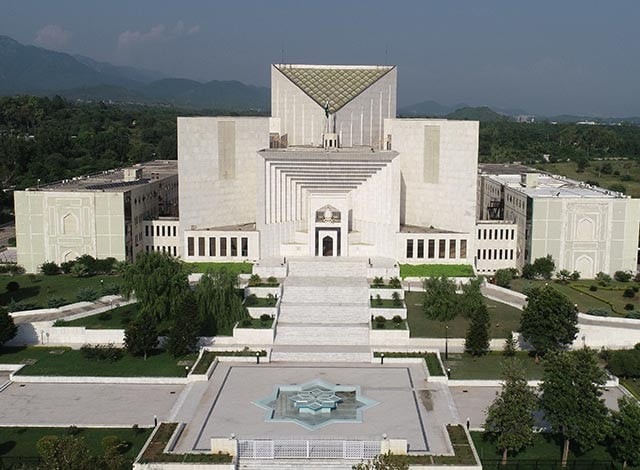SC orders closure of three stone-crushing plants
Further hearing of case is scheduled for first week of November

The Supreme Court has ordered the immediate closure of three stone-crushing plants in Khyber Pakhtunkhwa (KP) for causing significant environmental pollution. This directive was issued in a written order following the court hearing on July 11 regarding the stone-crushing plants in Suraj Gali, Haripur.
A report submitted to the court revealed that three stone crushers in KP are causing severe environmental pollution, necessitating their immediate shutdown. However, it was noted that the issue extends beyond these three plants, with over 900 stone-crushing plants operating in the province.
The Provincial Environmental Protection Agency has been tasked with reviewing these plants. The Supreme Court emphasized that action should be taken against stone-crushing plants that fail to comply with pollution-related rules. The court also directed the federal and provincial governments to update and renew air pollution regulations and requested progress reports from both governments.
A further hearing of the case is scheduled for the first week of November. The 17-page order was written by Justice Mansoor Ali Shah.
Residents of Suraj Gali had approached the court to address the pollution caused by the stone-crushing plants. According to the WHO, air pollution is responsible for 7 million deaths annually, with countries like Bangladesh, India, Nepal, and Pakistan being among the most affected. These four countries are home to 22.9% of the world's total population.
According to the Air Quality Report, Pakistan ranks as the second most polluted country in the world. This alarming status has severe implications for the well-being of its citizens, who have a fundamental right to live in a clean and healthy environment.



















COMMENTS
Comments are moderated and generally will be posted if they are on-topic and not abusive.
For more information, please see our Comments FAQ